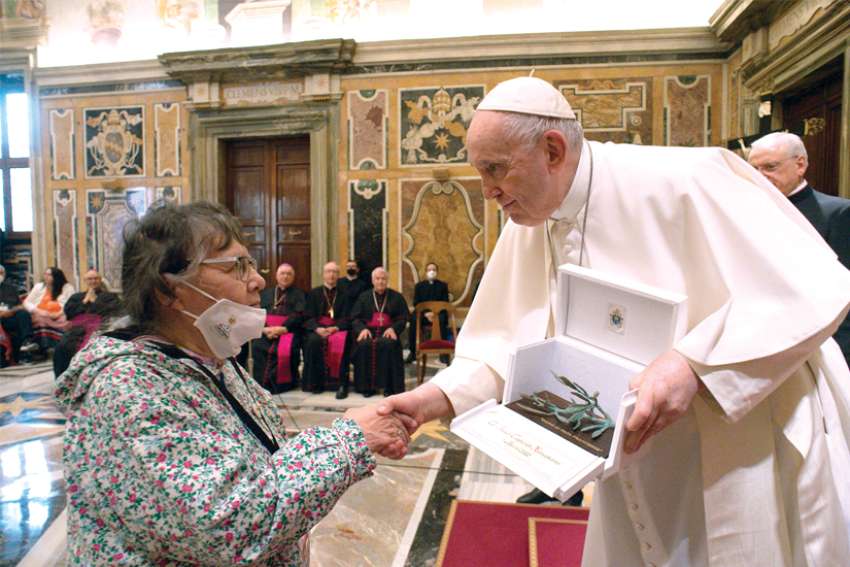Fools think their own way is right, but the wise listen to advice.
-- Proverbs 12: 15
Listening is often referred to as an art. Reams of books have been dedicated to defining “how” to listen, and even define “types” — deep listening, full listening, critical listening, therapeutic listening etc.
Motivators and healers speak about the difference between hearing and listening, with one comic wisely noting the biggest mistake humans make is hearing quickly, listening half, understanding a quarter and telling double. For some, the real issue is that so many of us are primed to respond before we have fully heard another’s point of view. We arrive with our minds made up, and it is difficult to hear when we are speaking.
This critical fact is a major reason that so much grief continues across so many areas. It is also why many of our institutions are almost systemically structured not to allow the voice of minorities to be heard. Our dominant cultural and political institutions are structured around laws, practices and values defined and developed by those traditionally in power, and so they are often deaf to voices and practices that are not their own.
We have seen this most glaringly in recent times in relation to how governments have worked with First Nations, Métis and Inuit communities, often bringing settler values and solutions to issues, rather than sitting in community with elders to understand Indigenous points of view. And then governments feign surprise when agreements aren’t reached. It is why Pope Francis’ meeting with Indigenous communities was so powerfully received: all said they felt he truly listened to their voices.
Sr. Helena Burns, in her column A la Carte, makes a good point about how western cultures have always approached Indigenous peoples. She notes: “It’s of the utmost importance to listen right now. Listen to the Indigenous voices and experiences themselves — silenced for so long. Some of these are horror stories and we must not look away.”
This reminded me of a similar conversation that was had in Australia when the impact of the missions and the Stolen Generations (equivalent to the Sixties Scoop) dominated the headlines.
At the time, the university I was at ran an in-country program where we embedded non-Indigenous students with Indigenous communities. One dean told me he’d taken the latest group of students up for their weeklong placement. As always, the kids arrived ready to transform the communities. As always, they were frustrated when the elders asked them to sit by the fire and reflect. They would be called on when the time was right. Instead of learning about the people — and the land they were on — they wanted to transform them. It was a humbling experience for our students to understand reconciliation was more significant when they listened first.
One incident has always stood out for me. My dean noticed a bright pink building in the bush where our students gathered every term. He asked an elder about it.
“That’s always been there, but last week social workers hired by the government flew up and painted the building pink to help our men reconnect with their feminine side,” the elder said.
When my dean said he hadn’t noticed it before, Auntie explained that months earlier a separate group of government advisors flew in to paint the building blue so Aboriginal men could reconnect with their masculinity. Perplexed, my colleague asked what the building was used for.
“Nothing,” said Auntie. “We built it to keep the white fellas busy so they would stay out of our business. They come, paint the building, get our signatures, then go back to collect their government grants. We focus on serving our community.”
To hear the other, we must stop speaking. Austrian pianist Alfred Brendel noted the word “silent” contains the same letters as the word “listen.” Mother Teresa once said, “God speaks in the silence of the heart. Listening is the beginning of prayer.”
The Gospels show us Jesus modeling the art of listening. He moved among the masses and heard their cries (Mark 1); He shared water with a Samaritan woman when cultural dictates forbade it (John 4); He prayed to the Lord and guided His disciples. Jesus never spoke through formulas but offered parables reflecting the complexities he presented. It’s fair to say people felt heard. It’s what we all want, and certainly what we desperately need. Listen. Silent. They are one and the same.
(Turcotte is president of St. Mary’s University in Calgary.)


